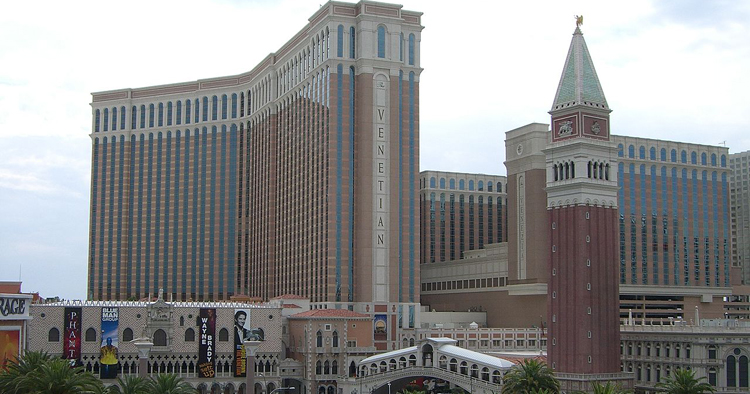The $2 million fine levied against the Las Vegas Sands Corp (NYSE: LVS) that resulted from alleged gaming violations was unanimously approved by the Nevada Gaming Commission Thursday.
The Gaming Control Board announced the fine Wednesday and at the same time filed a complaint against the Paradise, Nevada-based Sands Corp. alleging state gaming law violations. The actions of the regulating body were related to two previous developments. One was an agreement Sands reached in 2013 regarding suspicious activity that involved a high roller at the Venetian Las Vegas. The other, a $9 million civil settlement Sands reached with the Securities and Exchange Commission in April regarding allegations that the company failed to properly authorize and document more than $62 million in payments to an unidentified overseas consultant for assistance in doing business in mainland China and Macau.
No admission of guilt or denial of allegations was made by Sands in the Nevada regulatory complaint. That point was stressed by attorney Mark Clayton during the meeting with the commission, as well as noting Sands extensive cooperation and remedial action taken. The commission was not addressed by any executives from Sands at the meeting in Las Vegas.
Tony Alamo, the chairman of the commission, said that the complaint and settlement looked “like amateur hour,” but that he understood Sands made no admission of either denial or guilt to the allegations. And while he felt better in regards to the government’s agreement not to prosecute the company, which was founded by Sheldon Adelson in 1998, in the 2013 case, he said, “it still reads awful,” according to Vegas Inc. According to Alamo, the $2 million fine issued to the Sands was the fifth-largest the commission has ever agreed to.
The Securities and Exchange Commission (SEC) settlement in April wrapped up a five-year-long probe into allegations that Sands violated the Foreign Corrupt Practices Act, a federal anti-bribery law, which prohibits giving bribes to officials overseas. Sands wasn’t accused by the SEC of bribery but in a statement said that the company “frequently lacked supporting documentation or proper approvals” for the more than $62 million the company paid to the consultant, referred to only as “The Beard.” The SEC said the consultant helped to obscure the role played by Sands in several business transactions such as the purchase of a building and a basketball team in mainland China. Beijing does not allow gambling companies to own Chinese Basketball Association teams.
In addition to its Las Vegas properties, the Sands owns and operates three gambling properties in Macau and one in Pennsylvania.



